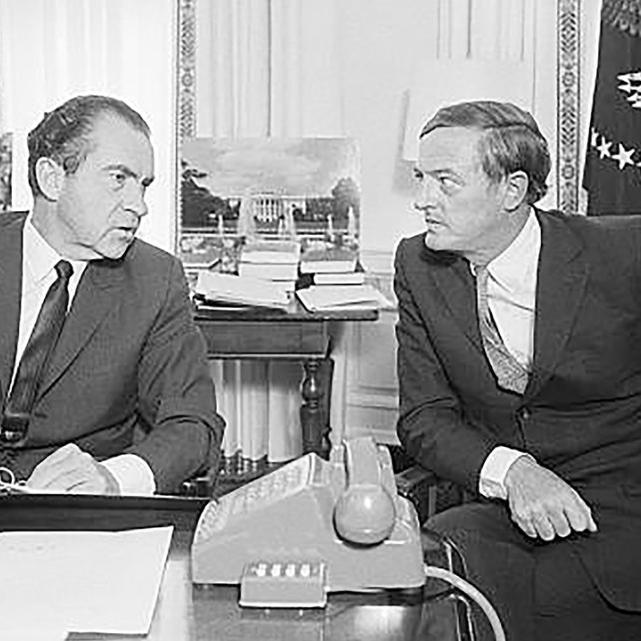

Live, study and grow at the nexus of discovery and impact.


Our research activities and academic programs are remarkably broad, but they share one characteristic: all are curiosity-driven. Exploring the unknown is central to our mission to be the nexus of discovery and impact.






Courses offered in A&S of 4000 courses at Cornell.


Majors to choose in A&S. Design your education.


Students in A&S, each with an extraordinary journey to tell.


A&S alumni in our network. Go Big Red!

This year, 27 new faculty have joined the College of Arts & Sciences, enriching 17 departments and programs with their excellence in an impressive range of topics, including moral psychology, gravitational waves, Black contemporary art and more.
The innovative undergraduate curriculum at A&S has distribution requirements that range from global citizenship to physical sciences to ethics and the mind. Classes build upon each other and cross the boundaries of traditional academic fields. Extensive work occurs outside of your major and minors, and there are no required core courses. Work closely with inspiring faculty to develop the hallmark skills of a liberal arts and sciences education – the ability to read critically, write persuasively and think broadly.
Curiosity is the driver for research in A&S. From the dendrochronology lab where archaeologists analyze tree-ring growth to understand climate change to the linguistics department where students created a new language for a Captain Marvel movie, our students and faculty take full advantage of all that our world-class research university encompasses.
With opportunities spanning the natural sciences, social sciences and humanities, research here takes place in laboratories, museums, field sites, libraries, hospitals, greenhouses, performance spaces and archives.
Quanta Magazine
Related people
Pavel Galashin
Related Departments
Mathematics
The Guardian
Related people
NoViolet Bulawayo
Related Departments
Literatures in English
New York Times
Related people
Kim Haines-Eitzen
Related Departments
Near Eastern Studies, Religious Studies Program